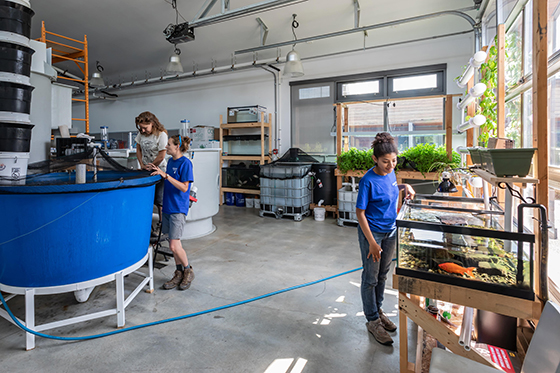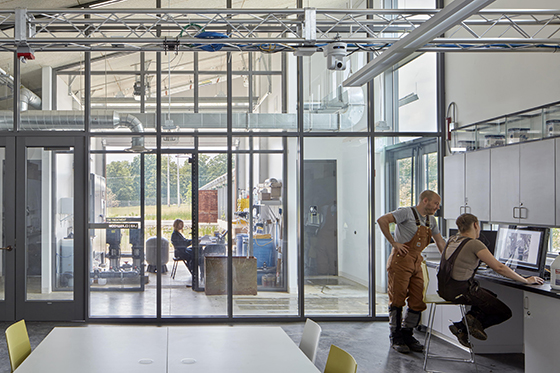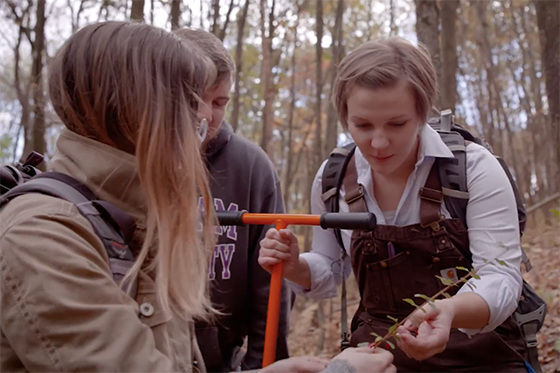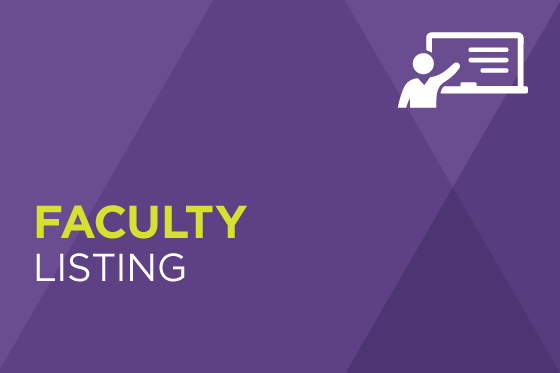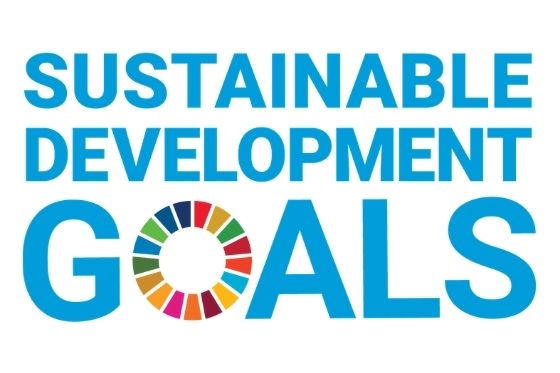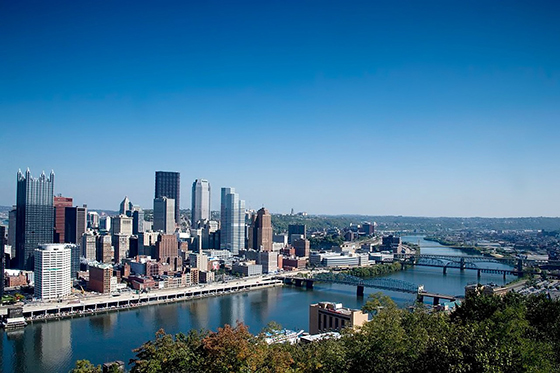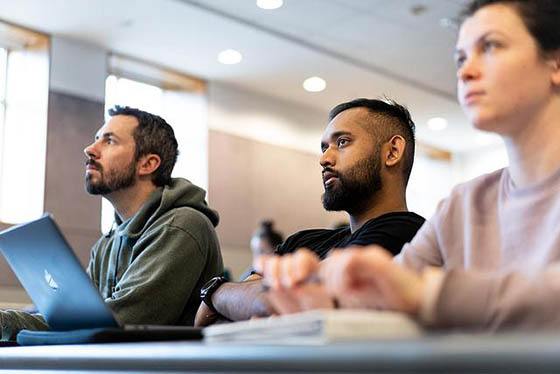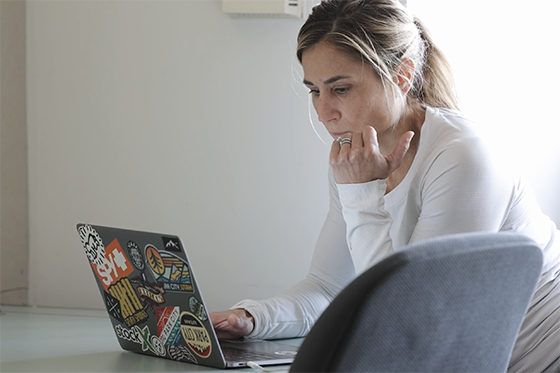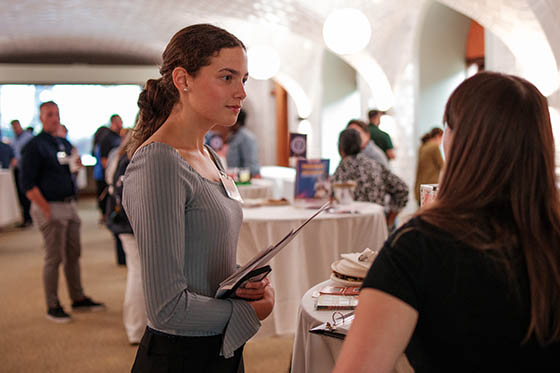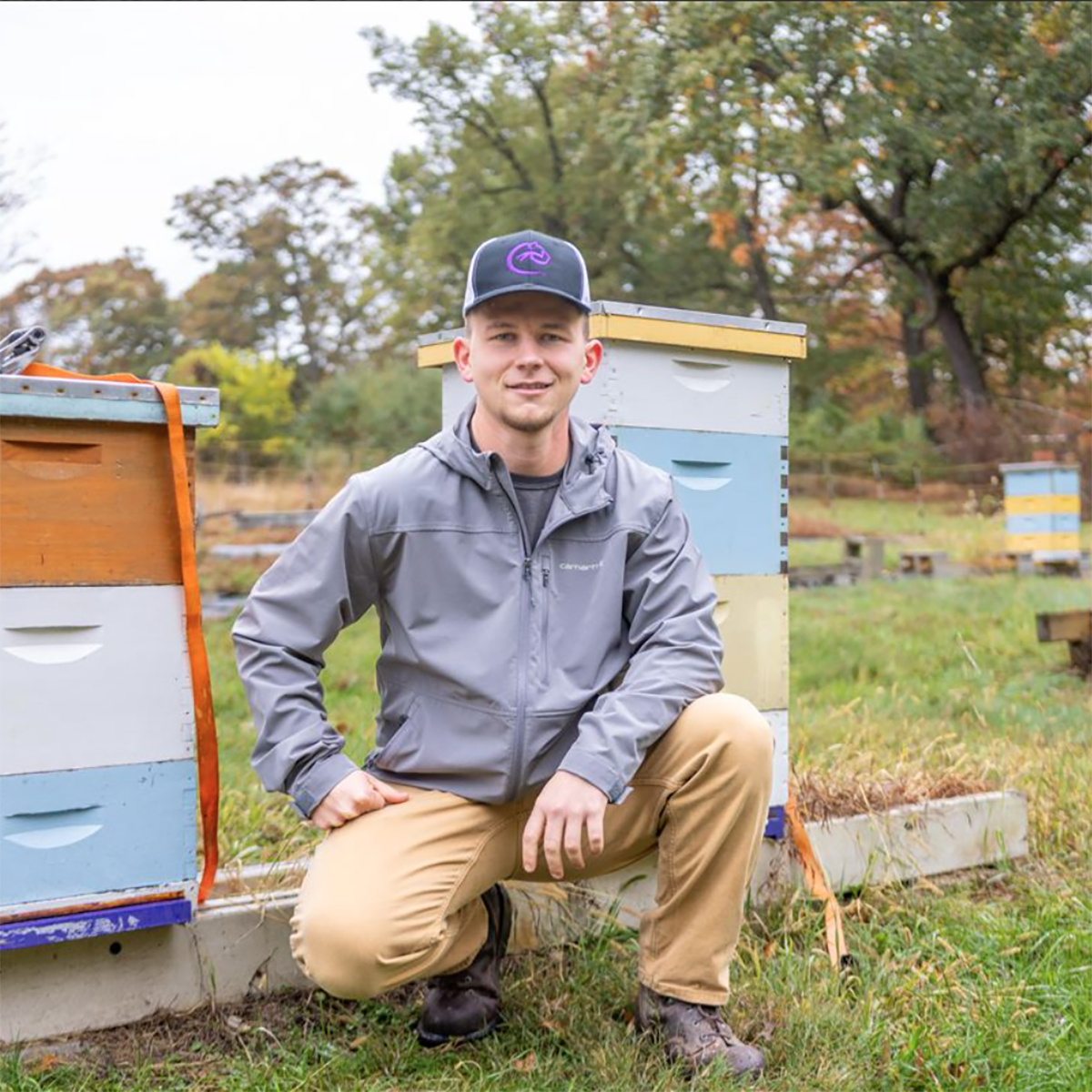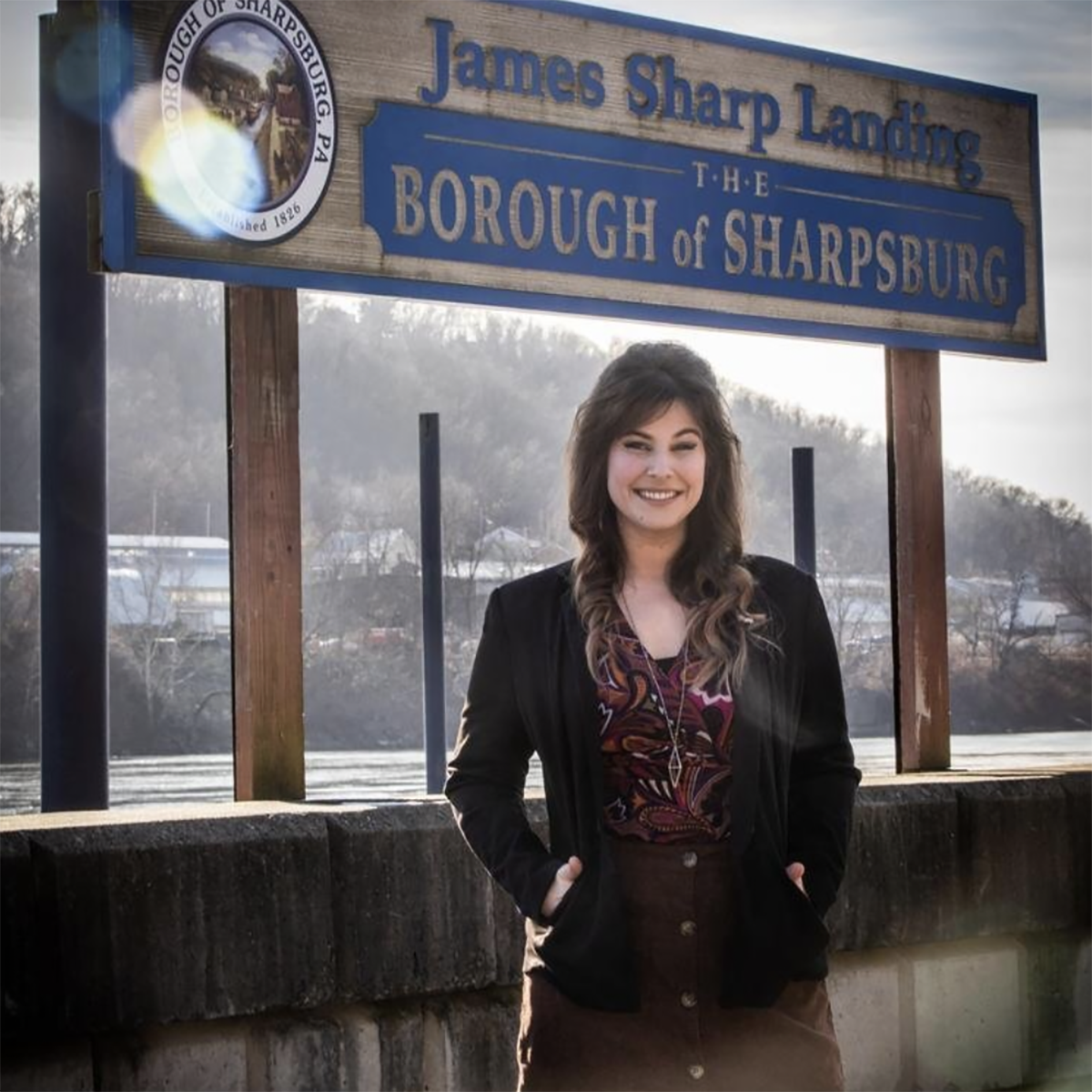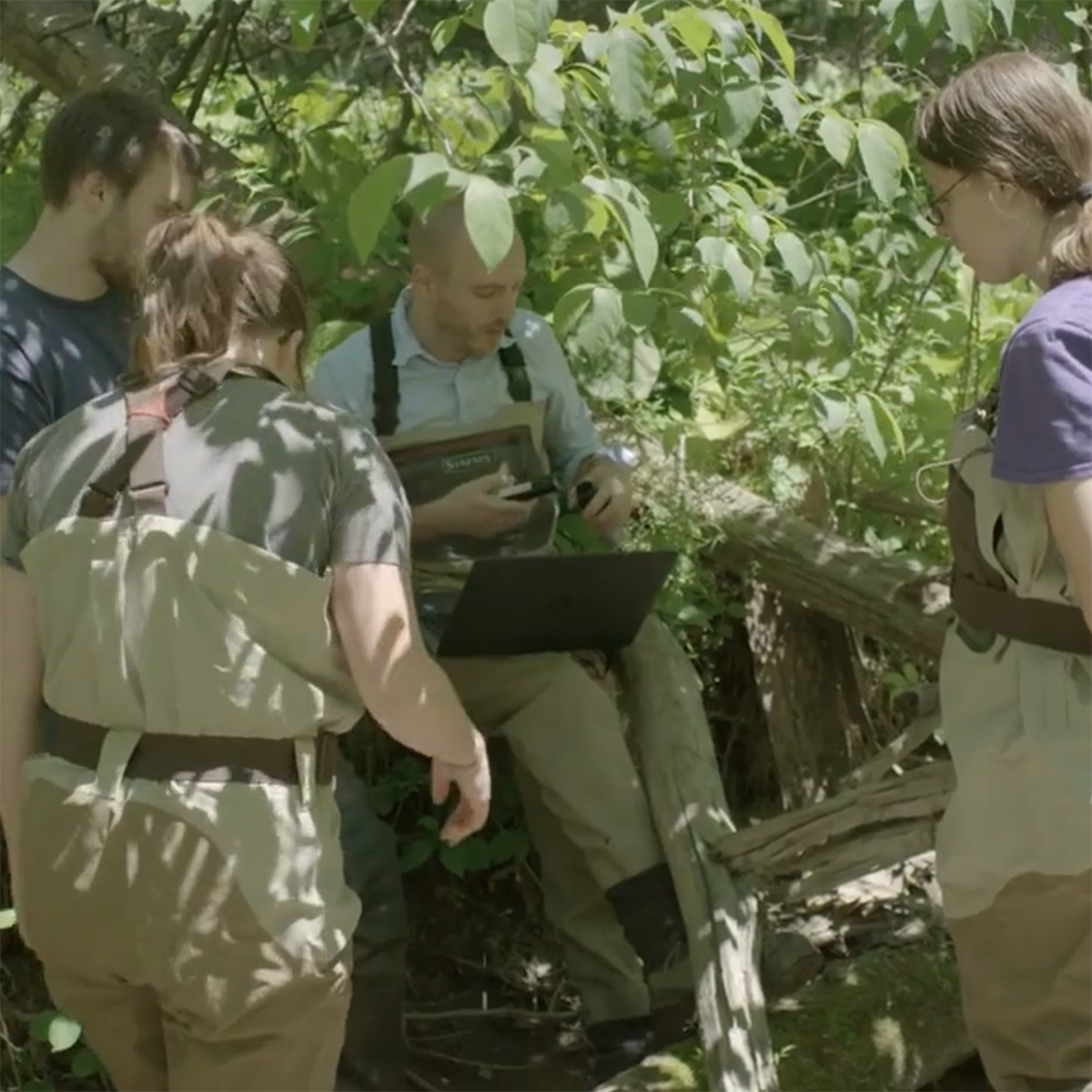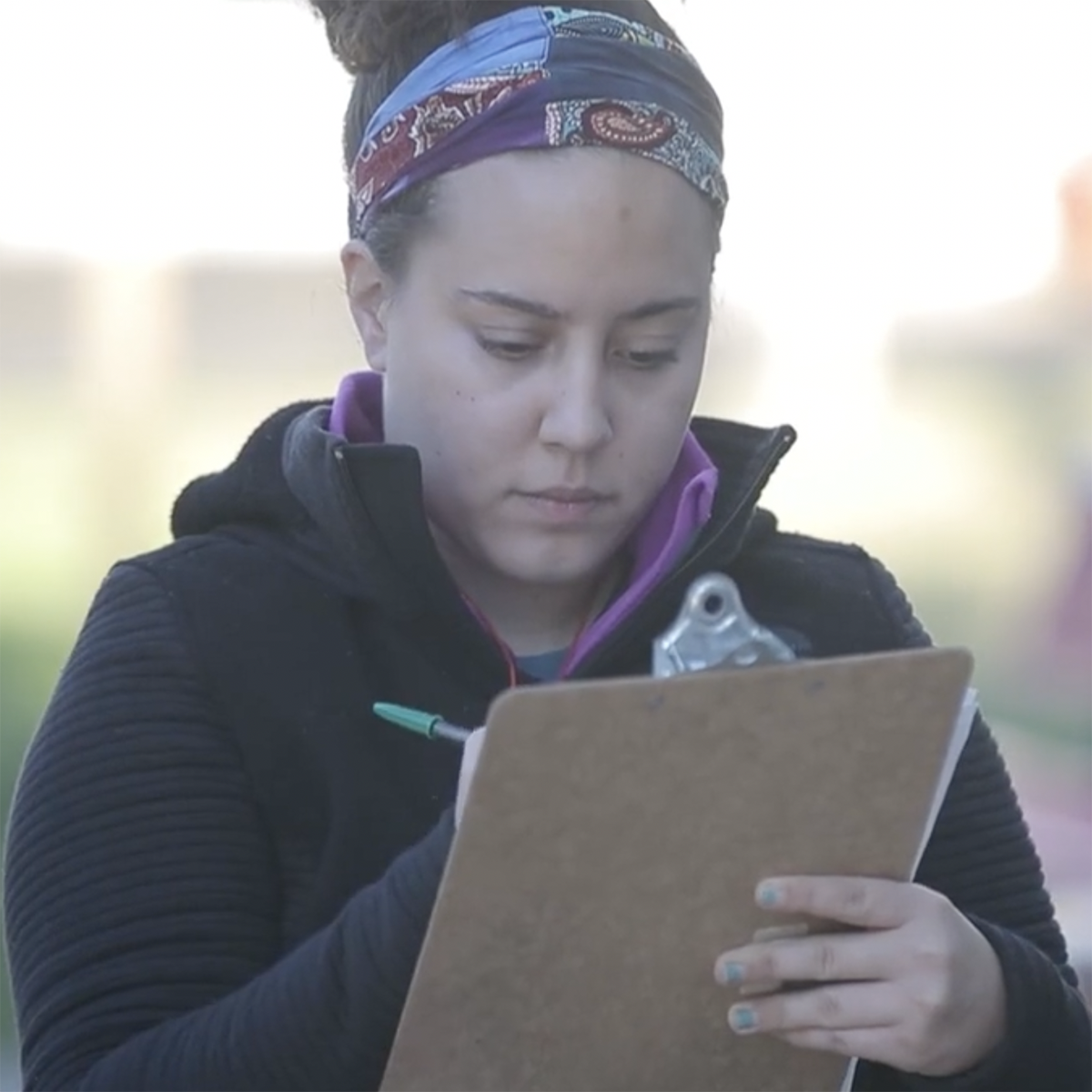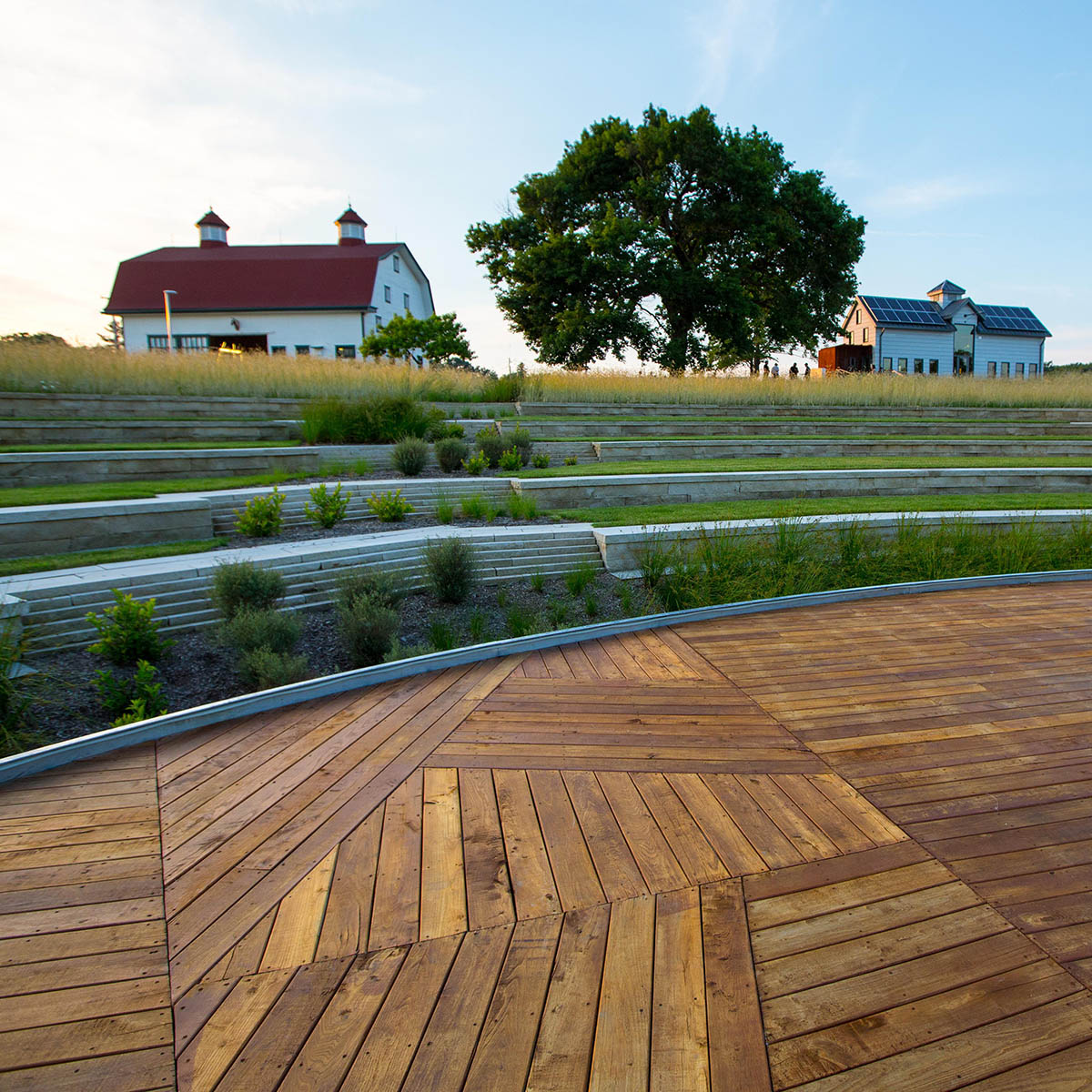Have questions? We make it easy to get in touch:
Or, answer a few questions and we will be glad to help.
Loading...
Sustainability (MSUS) Overview
Housed on our groundbreaking Eden Hall Farm, Chatham’s Master of Sustainability (MSUS) program is experiential and practical. Our highly interdisciplinary faculty members work closely with students on projects that make real differences even as they teach important principles. Students gain not only a professional skill set that prepares them to be the sustainability leaders of tomorrow, but also a diverse portfolio of work that demonstrates they are already leaders.
Application Deadline
Priority and Regular
Priority deadline for fall is February 1 (materials must be received by this date for first consideration of funding). Regular deadline for fall is July 1. Regular deadline for spring is November 1.
Strong Future
Clear Cost
At under $20,000, the 30-credit MSUS delivers a path to real impact by combining affordable tuition with hands-on learning, career-building experiences, and faculty mentorship that positions you to lead in the growing sustainability field.
Real-World Experience
Building Connections
The MSUS incorporates real-world experience into its curriculum by collaborating with government agencies, NGOs, nonprofits, and innovative businesses.
Meet Us & Learn More
Upcoming Events
Join us for an upcoming event to learn more about the MSUS and the Falk School of Sustainability & Environment.
Courses & Curriculum
Chatham University's Masters of Sustainability (MSUS) requires 30 credits and can be completed in three terms. The MSUS curriculum features foundational courses that explore system analysis and sustainability in ecological, economic, social, and business contexts. It also includes skills and method courses, and electives for in-depth study of specific sustainability topics. Click the button below to learn more about the curriculum progression and courses.
Explore MSUS Curriculum : Checkerboard 1 - Courses & Curriculum
Build Real-World Experience
Chatham's MSUS program incorporates real-world experience into its curriculum. By collaborating with government agencies, NGOs, nonprofits, and innovative businesses, you will engage in live projects, address pressing sustainability challenges, and develop the skills needed to create meaningful impact.
Eden Hall
Located 20 minutes north of Pittsburgh, Chatham's Eden Hall is the world's first academic community built from the ground up for sustainability. The grounds and infrastructure support research and learning around energy and climate; water and aquaculture; food and agriculture; community and health; and design and planning. The farm produces thousands of pounds of food for our campus cafeterias, culinary courses, community meals, and food pantries on and off campus.
Explore Eden Hall Farm : Checkerboard 4 - Eden Hall
Program Faculty
Chatham's Sustainability faculty members are accomplished teachers, scholars, practitioners, and active leaders in the field. They serve as mentors and advisors and are there for you every step of the way.
Meet the Faculty : Checkerboard 5 - Program Faculty
United Nations Sustainable Development Goals
The MSUS curriculum incorporates the UN’s Sustainable Development Goals (SDGs), a roadmap for sustainability adopted by all nations. In addition to links within courses, each student’s thesis addresses at least one SDG. Focused on concrete issues like water, food, and energy, learning through the SDGs helps sustainability come alive.
Graduate Career Opportunities
MSUS graduates have worked at organizations including the Oak Ridge National Laboratory; Allegheny County Health Department; North Museum of Nature and Science; Cleveland State University; Pittsburgh Center for Creative Reuse; Ioby; the City of Pittsburgh; Quasar Energy Group; Scalo Solar; 3R Sustainability; Pennsylvania Department of Environmental Protection; WaterNow Alliance; and American Council for an Energy Efficient Economy.
Professional Experience, Right on Campus
Discover practical applications for your learning in real time with professional on-campus, part-time employment tailored to your course of study. Earn money, on-the-job training, and valuable work experience without ever stepping off campus.
Visits & Events
Start the next steps in your graduate journey at Chatham University by visiting campus or attending upcoming events. Join virtual info sessions, open houses, or admitted student sessions to learn about our programs and the application process, interact with faculty, and experience the Chatham community. Click the button below to view the schedule and register, and email graduate@chatham.edu with any questions.
View Graduate Event Schedule : Checkerboard 10 - Visits & Events
Master of Sustainability (MSUS)
